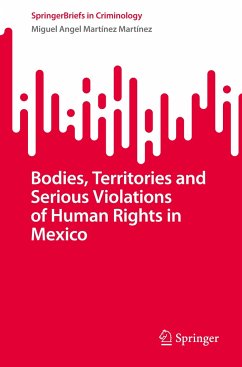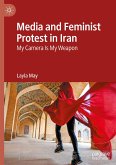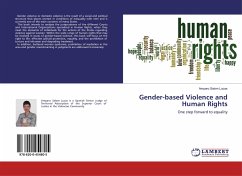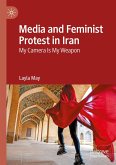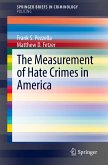This book seeks to contribute to the analysis of the serious violations of human rights in Mexico during the processes of democratic transition and the "War on Drugs" by taking bodies and territories as archives of the crimes committed by the Mexican State in the last decades. The text presents an analysis of the disappearance of persons, forced internal displacement, and gender violence as systematic expressions of State violence. These fields of research allow us to point out tensions between social practices and the institutional fragility that systematically denies human rights violations while at the same time ratifies and celebrates them.
The thematic knotting between bodies and territories is anchored in the processes of shaping a memory that expresses State violence and presents the silenced resistances of minority social groups that elude the traditional forms of registration, control and collection of data. From these coordinates, body-territories are approached as scenarios where intersectionally-knotted violences unfold. The theoretical approaches considered are mobilized through a critical approach to capitalism, colonialism and patriarchy in order to analyze public policies and narratives related to the protection of bodies-territories, as well as the responses to the needs, interests and preferences of different groups and individuals whose lives are marked by the experience of serious human rights violations. Finally, this approach also considers the new ways in which crimes against humanity unfold in situations of democratic transition, as well as the forms of symbolic exchanges in the transmission of meaning and community bonding.
Bodies, Territories and Serious Violations of Human Rights in Mexico will be of interest to academic researchers and graduate students in different fields of knowledge, such as criminology, sociology, history, anthropology, philosophy, psychology and the interdisciplinary field of humanrights studies.
The thematic knotting between bodies and territories is anchored in the processes of shaping a memory that expresses State violence and presents the silenced resistances of minority social groups that elude the traditional forms of registration, control and collection of data. From these coordinates, body-territories are approached as scenarios where intersectionally-knotted violences unfold. The theoretical approaches considered are mobilized through a critical approach to capitalism, colonialism and patriarchy in order to analyze public policies and narratives related to the protection of bodies-territories, as well as the responses to the needs, interests and preferences of different groups and individuals whose lives are marked by the experience of serious human rights violations. Finally, this approach also considers the new ways in which crimes against humanity unfold in situations of democratic transition, as well as the forms of symbolic exchanges in the transmission of meaning and community bonding.
Bodies, Territories and Serious Violations of Human Rights in Mexico will be of interest to academic researchers and graduate students in different fields of knowledge, such as criminology, sociology, history, anthropology, philosophy, psychology and the interdisciplinary field of humanrights studies.

